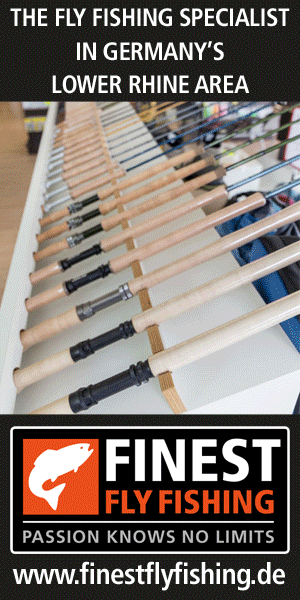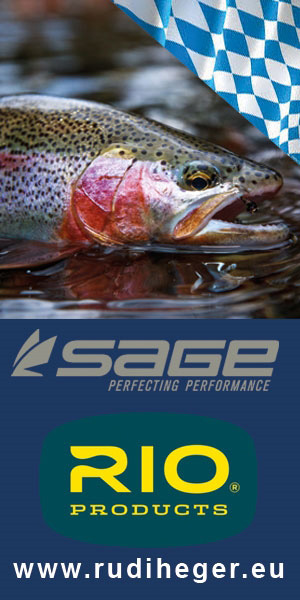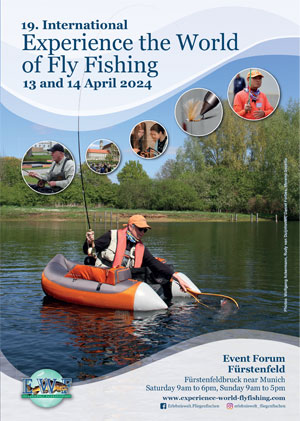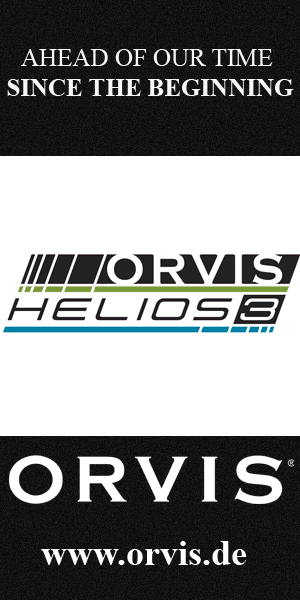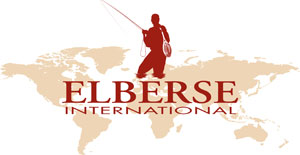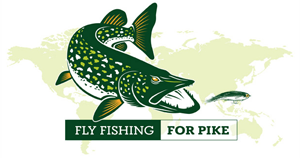Orri Vigfússon has successfully orchestrated an international effort to conserve and restore the wild Atlantic salmon.
Orri Vigfússon was an Icelandic entrepreneur and environmentalist. His objective was to “restore the abundance of wild salmon that formerly existed on both sides of the North Atlantic”. In 2004 Time Magazine named him a “European Hero”. He was awarded the Goldman Environmental Prize in 2007 for his efforts on saving endangered species. In 2008, he was elected as a Senior Global Fellow to the Ashoka Fellowship. Orri has in recent years led development of sustainable salmon angling in the rivers of Vopnafjörður, Iceland.

The North Atlantic Salmon Fund (NASF) has announced with great sadness, the passing of their founder and Chairman Mr. Orri Vigfússon. Mr Vigfússon succumbed to lung cancer at Iceland’s national hospital in Reyjavik on July 1st 2017 only nine days short of his 75th birthday. Mr. Vigfússon has for 27 years, tirelessly fought for the survival and restoration of the wild Atlantic salmon through the North Atlantic Salmon Fund earning him the admiration days and respect of environmentalists all over the world. He was recognised internationally for his vital conservation work and was awarded with numerous distinguished awards. He is survived by his wife Unnur Kristinsdóttir, 2 children and 3 granddaughters. The funeral service will be held in Reykjavík at Hallgrímskirkja, July 10th at 13:00 hours.
He studied international business in London, and when he returned to Iceland he set up the country’s first Toyota importing business, gaining practical experience in international trade. His next role was with the Federation of Icelandic Manufacturers, looking for products and markets that would support cottage industries throughout the country. Perceiving a market for high-quality woolen goods, Orri spent several years helping communities establish small industries producing sweaters and the like to feed strong demand in the United States and Europe.
In 1966, Orri had his first experience with the Atlantic Salmon. His wife, who was also from a small town in northern Iceland, brought Orri to fish along the Laxa River, famous for its salmon runs. In his first fishing trips, Orri was hooked. He kept on angling, and in 1984 was elected chairman of the Laxa Fishing Club. From this position, the declining numbers of wild salmon returning to the river was obvious. In 1989, to celebrate the club’s 50th anniversary, Orri launched a campaign to end mixed-stock fishing off the Icelandic coast. The idea was to buy into Iceland’s system of tradable fishing quotas for conservation purposes. Believing that the fish could now feed in the sea unmolested, the club released fish tagged with their river of origin, but none returned. The tags, however, were coming back—from fish processing plants in Greenland and the Faeroe Islands. Realizing that salmon conservation could not succeed from within any single country, Orri founded the North Atlantic Salmon Fund, which is already working to apply the same basic approach on a multinational scale.

Orri proposed that citizen groups throughout the North Atlantic approach their governments and the fishing industry with a plan that would rescue both the disappearing fish and the struggling fishermen who depend on them: buy out fishing rights, stabilize the salmon population, and establish salmon as a valuable resource whose protection would bring income to rural areas throughout Europe and North America.
At the time, Orri had been involved in local conservation on the Big Laxa River in northern Iceland. He realized that no matter how effective his local efforts were, they could not ensure the survival of salmon. Even when they are well protected in their rivers, the fish are often caught as they venture out to open sea. Orri knew that people throughout Europe, Scandinavia, and North America were also trying to restore and protect wild salmon, yet nothing seemed to work. It was an important moment. The salmon industry was changing. The Atlantic catch had been on the wane for decades. Large fish farms were stepping in to maintain the supply. The remaining small and medium fishermen were squeezed between a dwindling resource and stiff competition from their larger competitors.

The fund creates a common agenda among river conservators, anglers’ associations, landowners along rivers, and scientists. Together with NASF they raise private money and lobby governments for political support and financial investment for Salmon conservation. The fund has organized partners in 15 countries, supporting the financial, legal, and political aspects of the buyouts. Orri has helped broker salmon buyouts in all but two key countries: Ireland and Norway.
Protecting salmon in the open ocean takes the pressure off the species, but it is just the first step in Orri’s vision. The next move will be to develop local economic incentives to make salmon a lucrative natural resource through activities such as catch-and-release sport fishing, related tourism, and branding of local salmon products. For Orri, salmon conservation is a driving force for improvement of the economic health and security of rural communities.
The pictures were taken at the EWF (flyfishing show Experience the World of Flyfishing) in 2014.
Sources:
https://en.wikipedia.org/
https://www.ashoka.org/en/fellow/orri-vigfusson
